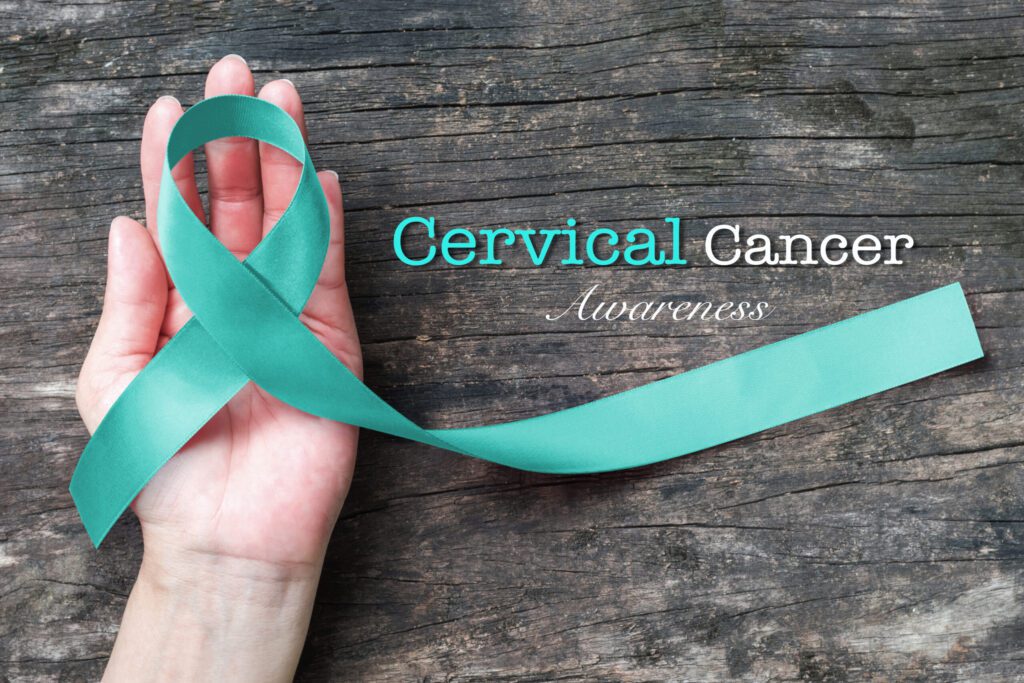by TIM CRAIG
Sponsored by Central Florida Health Care
January is Cervical Cancer Awareness month, and Central Florida Health Care is spending the month reminding women (and men!) that there are two key factors in fighting this disease: vaccination and early detection.
According to the American Cancer Society, an estimated 14,480 new cases of cervical cancer were diagnosed in 2021, and about 4,200 died the same year from it.
Human papillomavirus (HPV) causes 99 percent of all cervical cancers. In addition, HPV can cause penile, throat, and anal cancer in men, so they are also at risk.
Incidence rates of cervical cancer dropped by more than 50 percent from the mid-1970s to the mid-2000s due in part to an increase in screening, which can detect changes in the cells on the cervix before they turn cancerous. The American Cancer Society says the HPV vaccine, which was first approved in 2006, also has contributed to the decrease in cervical cancer cases.
“The HPV vaccine is the biggest preventative measure at this point,” says Jennifer Sapp, a nurse practitioner with Central Florida Health Care. “This is something men, as well as women, can do to help prevent it.”
It is recommended that children get the HPV vaccine at age 11 or 12, but it can be administered up to age 45. Since HPV is transmitted through sexual contact, the vaccination is given to boys as well as girls.
The HPV vaccination is given as a series of either two or three doses, depending on age at initial vaccination.
In addition to the vaccination, adult women should undergo regular screening, says Sapp.
“Cervical cancer is detectable early with a simple Pap smear test,” she says. “How often [the Pap smear is conducted] depends on age and risk factors, but the key thing is to get screened.”
An abnormal Pap smear result does not automatically mean there is cancer present, but it may be cause for further testing, says Sapp. A colposcopy, which Central Florida Health Care can perform at its Winter Haven and Lakeland clinics, can be used to get a tissue sample of the questionable cells.
Testing may sound simple, but Sapp says there are many women who don’t ask for it as part of their annual checkups.
“We have a large population of women who just haven’t been screened in over five years — or even the last 15 years,” she says. “When people wait that long between screenings, they may miss the window that early detection gives them.”
Central Florida Health Care suggests that women get regular Pap smears starting at 21. Unless advised otherwise by a doctor, it’s recommended they get the test every three years up to age 64.
“Between the vaccine and regular screening, we can easily prevent the spread of the HPV and lower the incidences of cervical cancer,” Sapp explains. “It’s just a matter of recognizing those two important steps.”
